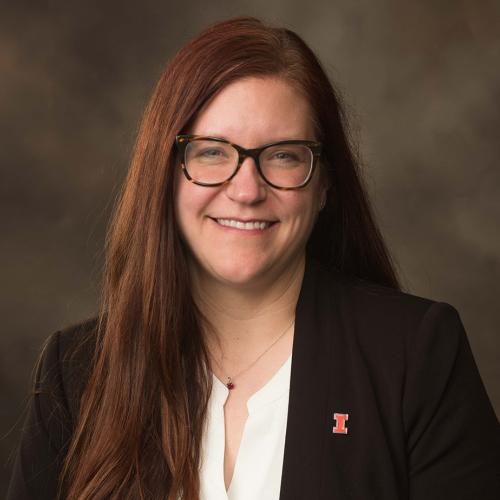The American Bar Association, the major accrediting body for law schools, states that "having a director of a law library with a law degree and a degree in library or information science is an effective method of assuring that the individual has appropriate qualifications and knowledge of and experience in library administration sufficient to support the program of legal education." The JD + MSLIS satisfies this standard of excellence.
JD + MSLIS Degree
Students can now earn a Juris Doctor (JD) and Master of Science in Library and Information Science (MSLIS) at the same time, without reducing the requirements of either degree or changing either program. The JD + MSLIS degree meets the requirements of the majority of administrative and public service positions in academic law librarianship, which necessitate that employees hold both a master's degree in library science and a law degree.
This dual degree program educates the growing number of professionals who want to work in information and technology law as well as in policy roles, and in industry, government, nonprofits, and clinical law. It also prepares graduates for the emerging and growing number of sociotechnical careers in government and legal information management, information policy, and privacy. Coursework is fulfilled through a combination of online and on-campus offerings; thesis and non-thesis options are available.
- The iSchool and the College of Law are nationally recognized, and graduates entering the job market are highly competitive.
Students in the iSchool learn from faculty who are leaders in their field, and the MSLIS is a richly interdisciplinary program that has been ranked number one since 1996 by U.S. News & World Report. The College of Law at Illinois is one of the oldest law schools in the country and consists of influential faculty whose interdisciplinary emphasis benefits law and professional training.
The JD + MSLIS provides opportunities for students to gain practical experience by applying for assistantships in the Law Library (two graduate assistants are generally employed per year). In addition, students can engage with strong alumni networks that open doors to professional success, and both colleges offer robust career services.

I hold both law degrees and an MSLIS, and as a copyright librarian, I wouldn’t have it any other way. It allows me full access to the wealth of knowledge that both degrees afford: the ability to think (and research) like a lawyer and an insider's view into how libraries operate within that legal system.
Sara Benson, Associate Professor, iSchool and Copyright Librarian, University Library
Learning outcomes

The joint degree encompasses the program learning objectives of both the JD and MSLIS degrees.
JD learning outcomes:
- Acquire basic knowledge of American substantive and procedural law.
- Use legal reasoning and legal analysis effectively.
- Demonstrate the practical legal skills required to competently participate in the legal profession.
- Demonstrate professional conduct in keeping with the highest standards of civic virtue.
MSLIS learning outcomes:
- Apply foundational concepts, theories, and principles to problems of information organization and access.
- Communicate capably with diverse stakeholders, promoting not just access to but also effective use of information services and systems in specific contexts.
- Use evidence to help address information problems, meet information needs, and create relationships in their institutions, communities, profession, and the world.
- Compare and critique contemporary information practices, structures, and standards in relation to historical and global alternatives.
- Apply core ethical principles to professional practice.
In addition, the JD + MSLIS degree has program-specific learning outcomes:
- Apply foundational concepts, theories, and principles to problems of information organization and access to support knowledge of substantive and procedural law.
- Incorporate the core values and ethical standards of both the library and legal professions into all aspects of their coursework, research, and professional activities, maintaining the highest standards of civic virtue.
- Recommend and consult legal and nonlegal information resources, taking into account relevance, efficiency, and cost-effectiveness for a diverse array of stakeholders.
- Adhere to and advocate for professional and legal guidelines regarding legitimate uses of information.
How to apply (fall admission only)
Applications for admission should be submitted electronically using the Graduate College online application system (Slate). If you have problems and/or questions, please don't hesitate to contact the recruitment and admissions team at is-futurestudents@illinois.edu. In addition, more information is available on the Graduate College website.
New applicants are required to submit two online graduate applications through the Graduate College online portal and must be admitted by both programs—but please indicate that you are applying to the joint program on the "proposed program of study" page and in your statement of purpose. Application deadlines for each program apply, so be sure to check respective deadlines.
You only need to pay one application fee. When submitting your second application, please indicate "Joint Program 2nd Application" in the Allied Agency field in the Application Fee Waiver section on the program page.
Current iSchool or JD graduate students can apply by submitting a petition through the Graduate College admissions portal, indicating that you are applying to the joint program.
Questions? I can help!
